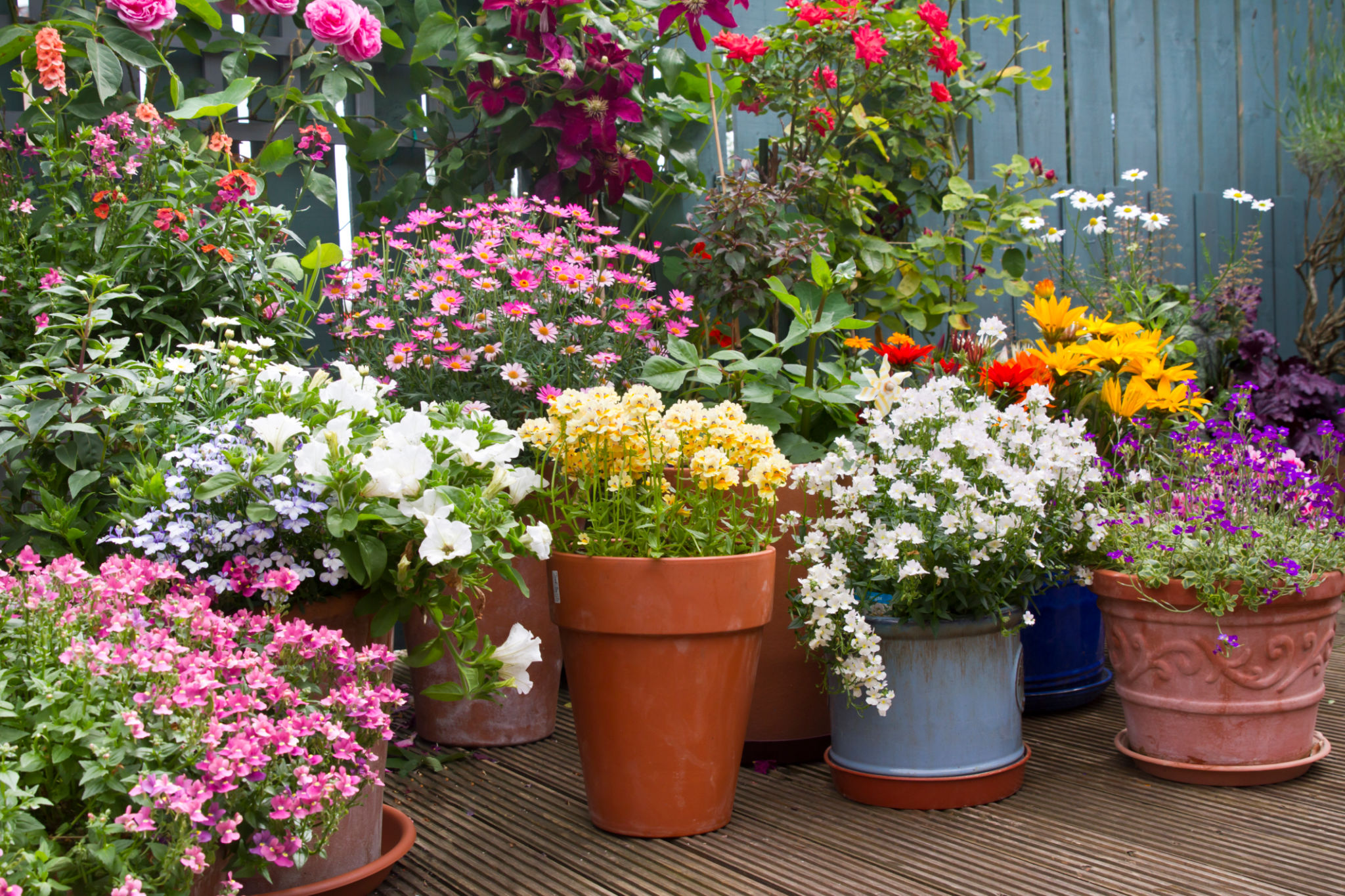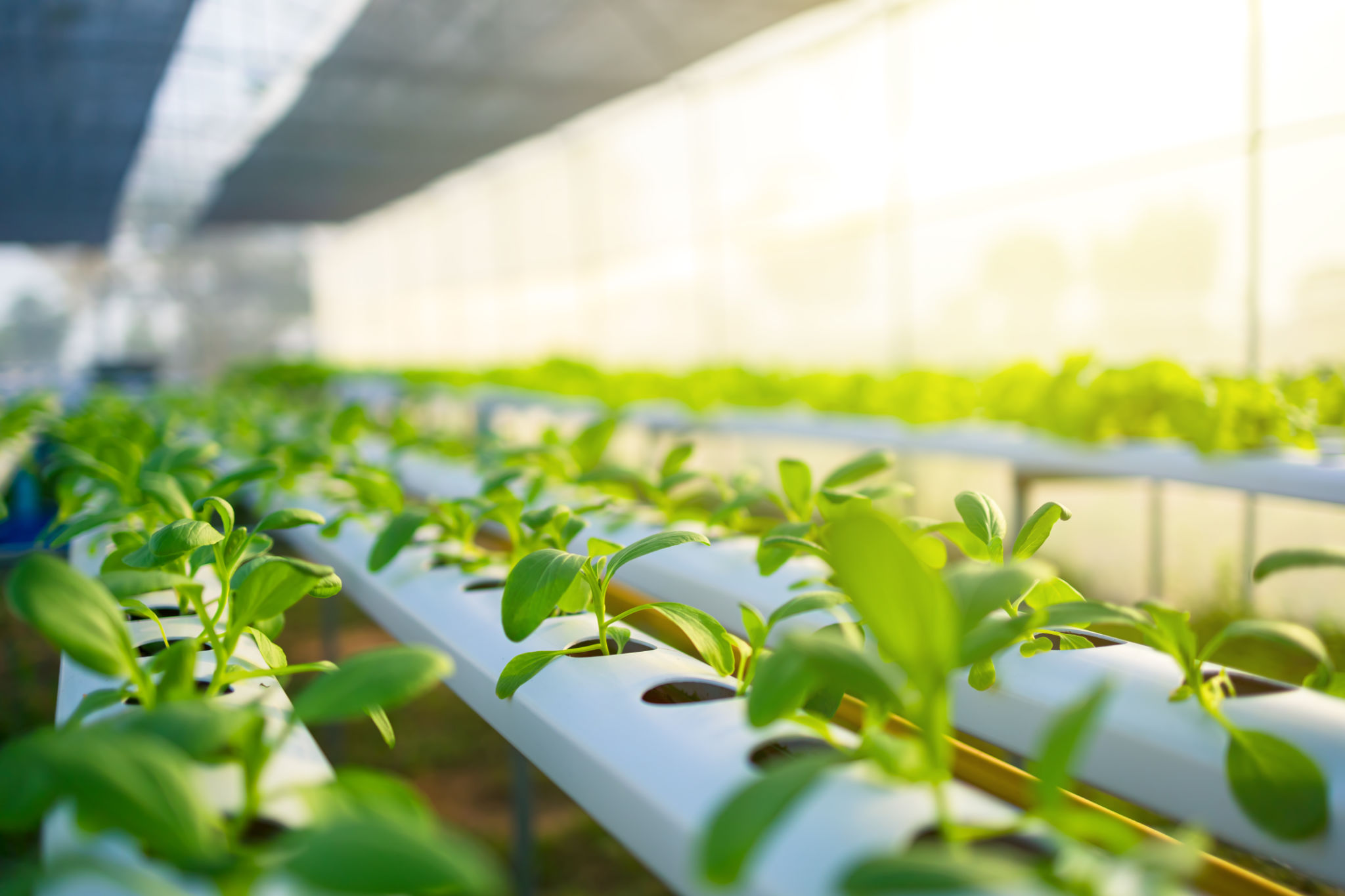Top Urban Farming Practices for Small Spaces in Nigerian Cities
Introduction to Urban Farming in Nigerian Cities
Urban farming is gaining traction in Nigerian cities as a sustainable solution to food security and environmental challenges. With limited space available, innovative practices are essential for maximizing productivity. Whether you're a city dweller with a small balcony or access to a rooftop, urban farming can transform your living space into a green paradise.

Vertical Gardening
One of the most effective ways to utilize small spaces is through vertical gardening. This practice involves growing plants in vertically stacked layers, allowing you to grow a variety of crops in a limited area. Vertical gardens can be created using wall-mounted planters, trellises, or even repurposed materials like bottles and pallets. Crops such as leafy greens, herbs, and small fruiting plants thrive in vertical setups.
Benefits of Vertical Gardening
Vertical gardening not only saves space but also improves air circulation and reduces pest infestations. By elevating your plants, you can easily manage their growth and maintenance. Moreover, a vertical garden can enhance the aesthetic appeal of your home, adding a touch of nature to urban living.
Container Farming
Container farming is another popular method suited for small urban spaces. By using pots, buckets, or grow bags, you can cultivate a wide range of vegetables and herbs. Containers are highly versatile and can be placed on balconies, patios, or even windowsills. Ensure that your containers have adequate drainage and choose the right soil mix to promote healthy plant growth.

Choosing the Right Containers
The size and material of your containers can significantly affect plant health. For example, clay pots provide excellent insulation but may dry out quickly, while plastic containers retain moisture longer. Select containers based on the specific needs of the plants you wish to grow. Additionally, consider using recycled materials to create an eco-friendly garden.
Hydroponics
Hydroponics is an innovative farming technique that eliminates the need for soil by using nutrient-rich water solutions. This method is ideal for urban areas where soil quality may be poor or unavailable. Hydroponic systems can be set up indoors or outdoors and are suitable for growing vegetables like lettuce, spinach, and tomatoes.

Setting Up a Hydroponic System
To set up a hydroponic system, you'll need basic equipment such as nutrient solutions, grow lights, and water pumps. Despite the initial investment, hydroponics can yield substantial harvests with reduced water usage. It also allows for faster plant growth compared to traditional soil-based farming.
Community Gardening
For those who wish to engage in larger-scale urban farming, participating in a community garden can be a rewarding experience. Community gardens offer shared land where individuals can cultivate their own plots alongside others. This practice not only promotes sustainable agriculture but also fosters community spirit and collaboration.
Community gardens often provide access to fresh produce and educational opportunities related to sustainable farming practices. They can also be a hub for exchanging seeds, tools, and knowledge among urban farmers.
Conclusion
Urban farming in Nigerian cities is more than just a trend; it's a movement towards sustainable living and food independence. By adopting practices like vertical gardening, container farming, and hydroponics, city dwellers can make the most of limited space while contributing to environmental sustainability. Whether you're a seasoned gardener or a beginner, these practices offer practical solutions for cultivating fresh produce in urban environments.
